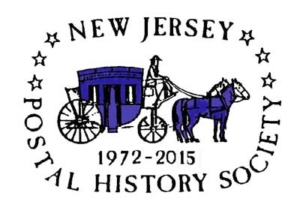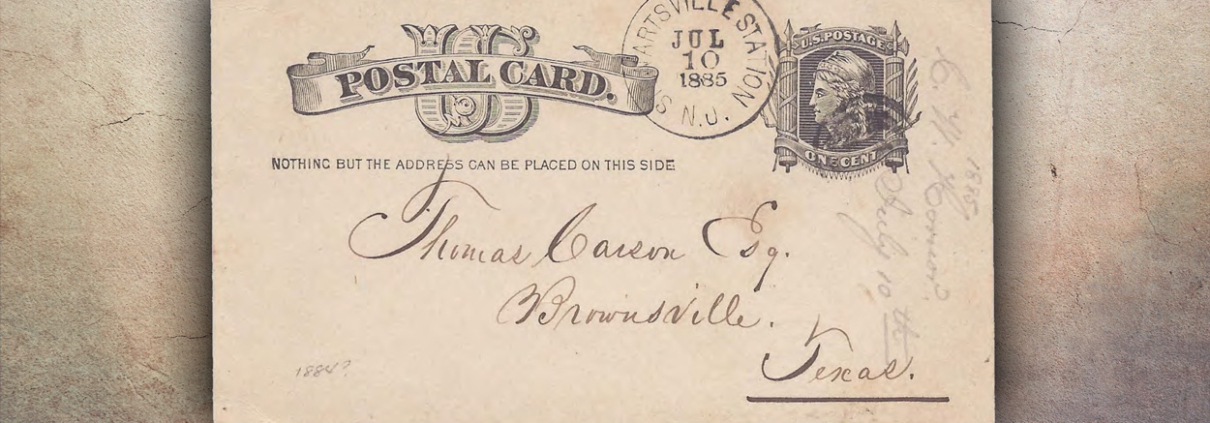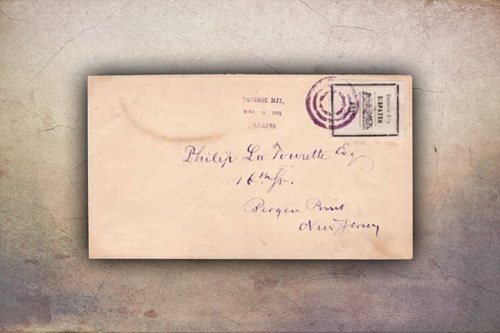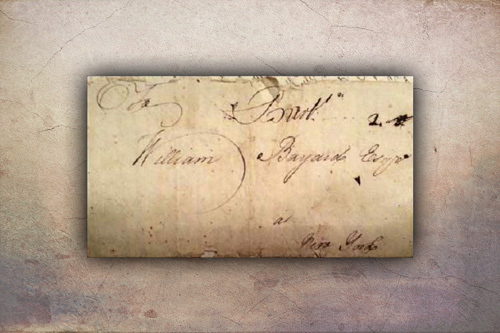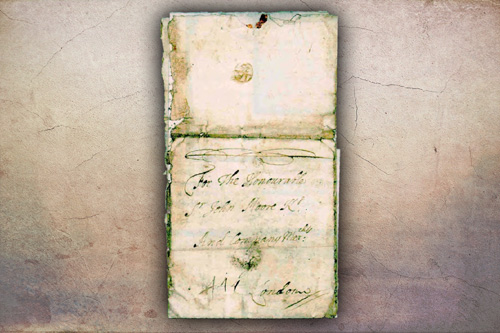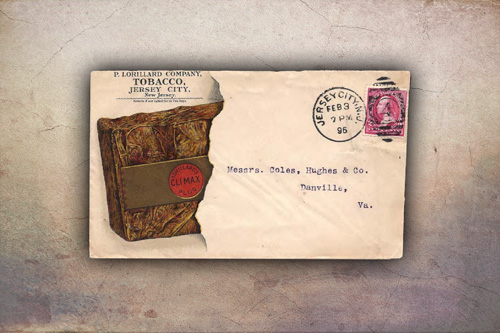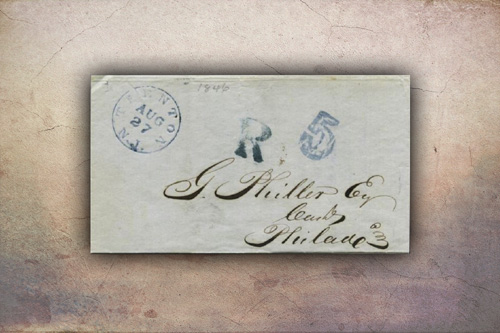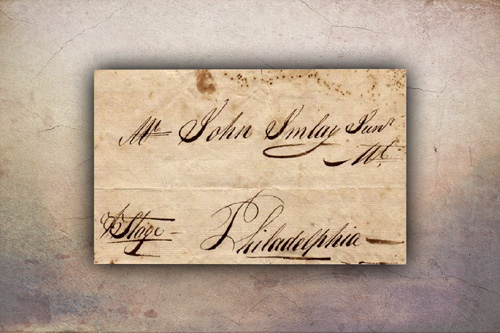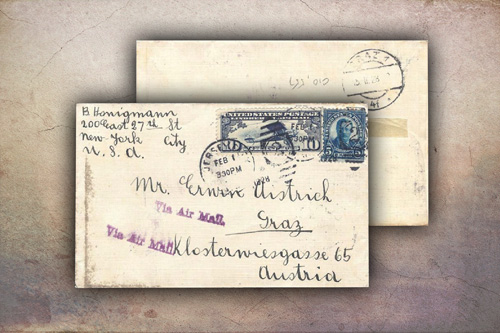SHORT-LIVED NEW JERSEY POST OFFICES
By Arne Englund
New Jersey has had over 900 name-different post offices over the course of time. Of these, however, 124 were in operation for only a year or less. Another 28 operated for less than two years. Discussed and illustrated in this article are examples from three of these small, short lived post offices…
